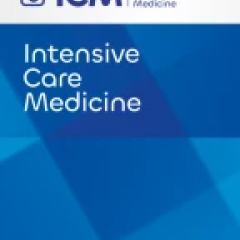Earlier this November, our colleagues at the National Centre for Antimicrobial Stewardship (NCAS) delivered the second National Antimicrobial Resistance and Antimicrobial Stewardship Forum at the University of Melbourne.
Two of our own researchers contributed to the proceedings by communicating our research to the national audience of clinicians, researchers and policy makers.
Dr Suzanne Parker gave an outline of her research centering on the application of microsampling technologies in both the optimisation of antimicrobial dosing and therefore its role in mimimising the emergence of antimicrobial resistance (AMR) but also in its applications in enabling and the design of pharmacokinetic studies that will shed light on the specific doses of these important medications that will optimise both the clinical outcomes and slow down the emergence of AMR.
Dr Menino Osbert Cotta focused on the tools for optimisation of our 'workhorse' antibiotics in the critical care patient population - the β-lactam antibiotics. He asserted that his research and that of his collaborators is generating some crucial information regarding the type of data needed for specific PK/PD targets in challenging patient populations. Current scope for research surrounds the exposure of these antibiotics in target tissues and not just plasma concentrations.
In 2019 CRE REDUCE is collaborating with industry, veterinary science, medicine and nursing to deliver the 3rd National AMR Forum in Brisbane, Queensland.
In the meantime, NCAS have some great resources from the Forum that you can access via the following password-protected link https://bit.ly/2E2Dq6a (Password: ncasamrsf2018)



